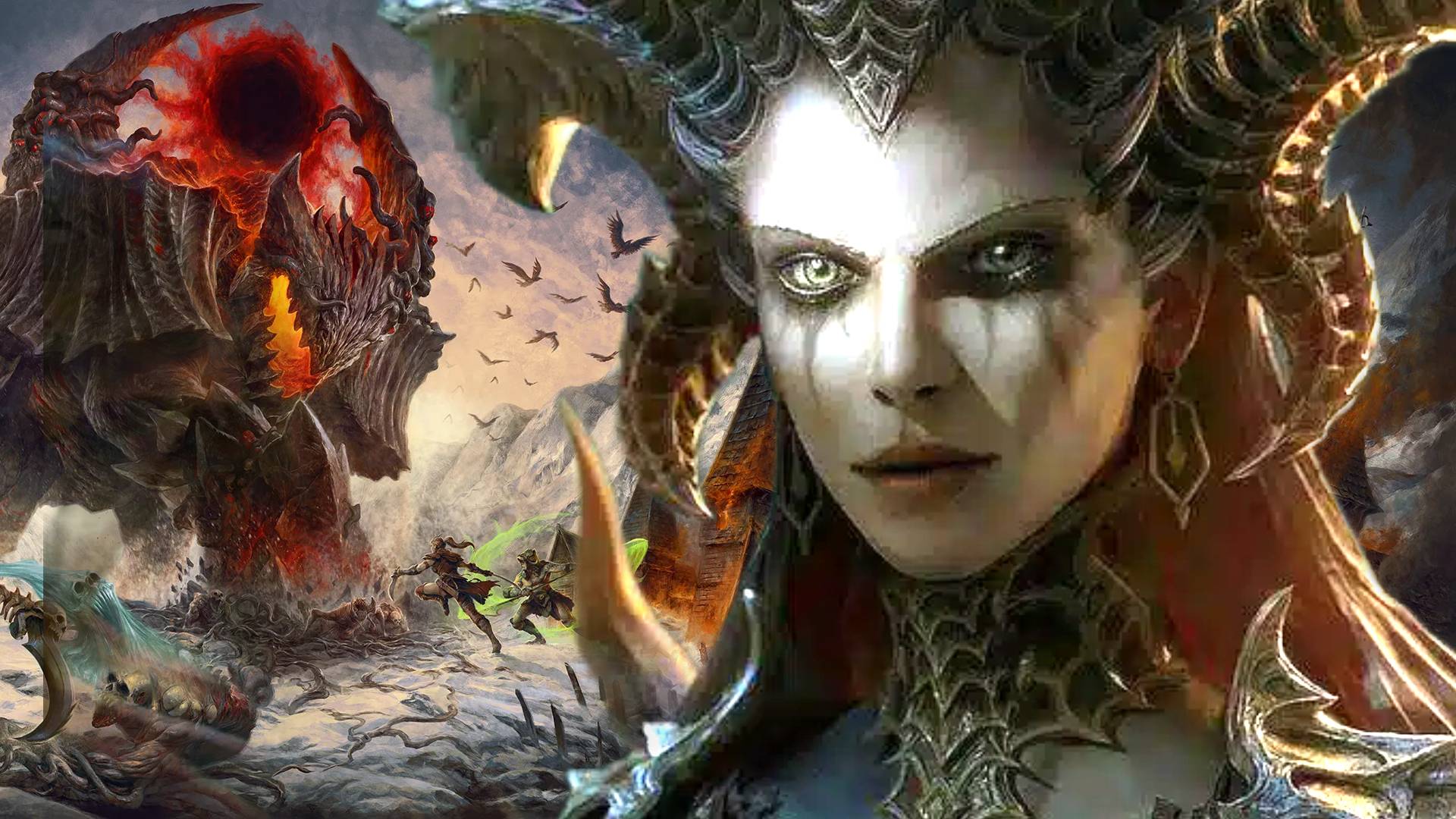You can trust VideoGamer. Our team of gaming experts spend hours testing and reviewing the latest games, to ensure you’re reading the most comprehensive guide possible. Rest assured, all imagery and advice is unique and original. Check out how we test and review games here
With countless live-service games coming and going—namely PlayStation’s historic failure Concord—in the last few years, a lot of attention has been thrown at the successes of constantly evolving online games. Despite some hurdles, Blizzard’s Diablo 4 is one of the most successful live-service games in years, launching a successful expansion earlier this year.
In an interview with Polygon, Diablo General Manager Rod Fergusson argued that Diablo 4 succeeds as a live-service game simply because the action role-playing game genre is now dependent on constant updates and content additions.
Diablo 4 lead on live-service
In the interview, Fergusson argued that Diablo 4 was pushed towards the live-service angle simply because that’s how the community treated its predecessor. With every season resulting in players returning to the game, it made sense to double-down for the sequel.
“Early on, there were these conversations. […] Is Diablo 4 a live-service game, or should we roll credits and call it?” Fergusson said. “And I was like, look, when you look at Diablo 3 and the millions of people that showed up every season, whether you want it or not, an ARPG is inherently a live service. The question is what you do about it.”
Fergusson explained that every Diablo game—even the games before live-service was a thing—saw players constantly come back for hundreds, if not thousands, of hours after completing the campaign. With this in mind, it made sense to continue adding to Diablo 4, improving aspects of the game and investing into the sequel.
“People are going to look to play through the campaign, but then they’re going to look to play what I call the hundred- or the thousand-hour game. They want to be able to continue this progression, they want to have the power fantasy, they want to go back to it over and over again,” the Diablo GM said.
There is truth to Fergusson’s statement. Games like Suicide Squad Kill the Justice League failed because nobody wanted a live-service version of the Arkham universe; Concord failed because it had no unique value. For loot-based ARPGs, live-service just makes sense.

